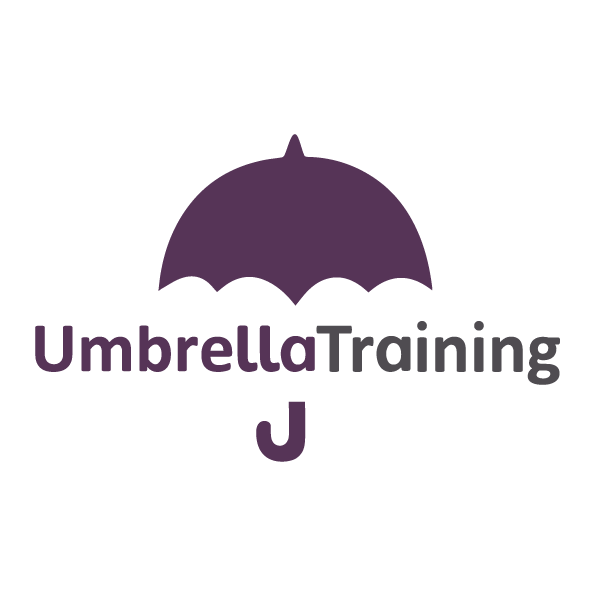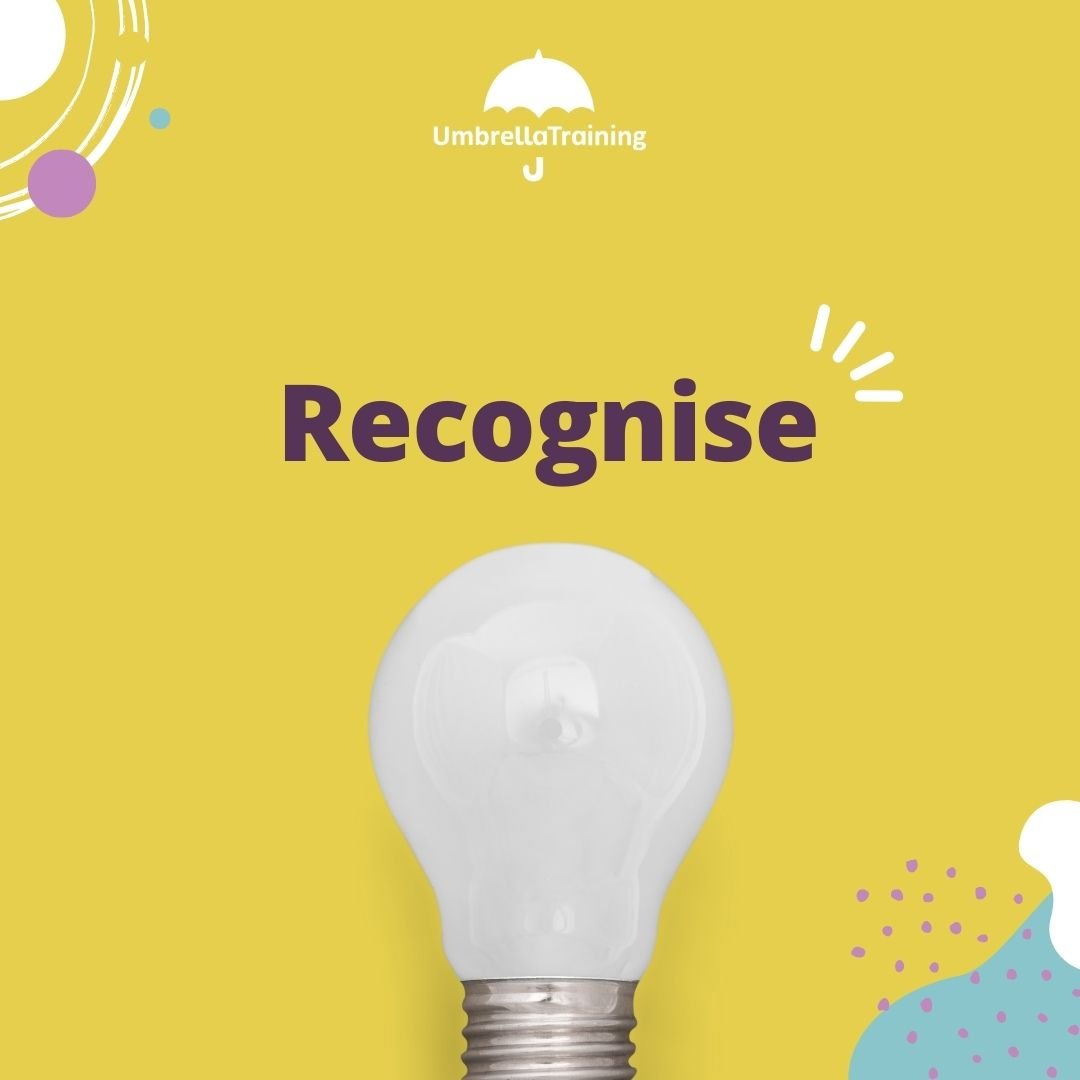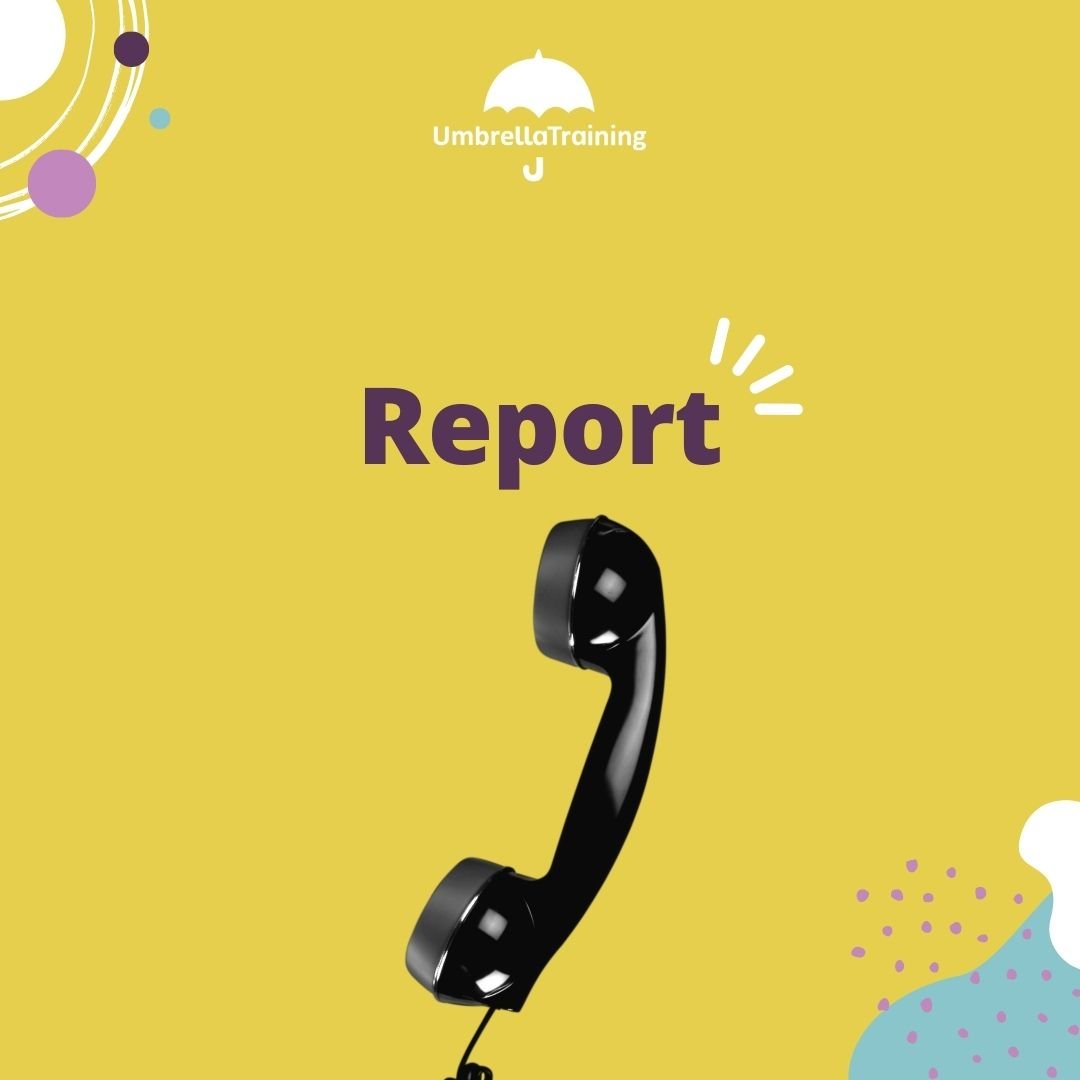Safeguarding and hospitality
Safeguarding is a crucial part of any business, including hospitality. The safeguarding principles can and should be applied to ensure the safety and well-being of both guests and staff daily. Safeguarding is EVERYONE's responsibility.
There are 5 Rs to safeguarding.
These are often referred to as a useful process for keeping vulnerable people safe. (1) (3) These principles are designed to help people understand how to take appropriate action to prevent and stop abuse from happening.
The 5 Rs are:
Recognise
Respond
Report
Record
Refer
Here are some ways in which the 5 Rs of safeguarding can be related to safe practice in hospitality:
Recognise:
Hospitality staff should be trained to recognise signs of abuse or exploitation, such as guests who appear to be under the influence of drugs or alcohol, or who are accompanied by individuals who seem to be controlling or manipulating them. Staff should also be aware of the risks associated with their job, such as lifting heavy objects or working with hazardous chemicals.Respond:
If staff members suspect that a guest is being abused or exploited, they should respond by reporting their concerns to a designated safeguarding officer or manager. They should also respond to any accidents or injuries that occur on the premises by providing first aid or calling for emergency services if necessary.Report:
All hotels should have robust safeguarding policies in place so their staff adhere to the recommended safeguarding steps to protect children (2)Staff should be trained to report any concerns they have about the safety or well-being of guests or colleagues, and to follow the appropriate reporting procedures.
Record:
It is important to keep accurate records of any incidents or concerns that are reported, as well as any actions that are taken in response. This can help to identify patterns or trends that may indicate a wider problem, and can also provide evidence in the event of an investigation or legal action.Refer:
If staff members are unsure about how to respond to a safeguarding concern, they should refer to their hotel's safeguarding policy or seek advice from a designated safeguarding officer or manager. They should also refer guests to appropriate support services if they disclose that they have been abused or exploited.
In addition to the 5 Rs, there are other steps that hospitality businesses can take to ensure the safety and security of their guests and staff
Equip employees with safety devices, such as panic buttons or personal alarms, that can be used to call for help in an emergency.
Provide safety and security training to all staff members, including training on how to respond to emergencies and how to identify and report suspicious behavior.
Encourage reporting of injuries and incidents, and create a culture where staff feel comfortable reporting concerns without fear of retaliation.
Implement access control measures, such as keycards or other technology, to secure all entrances and exits.
Conduct regular staff training on emergency procedures, including fire safety plans, earthquake drills, and emergency evacuation protocols.
Ensure that all guest information is secure from hackers and that sensitive documents are properly disposed of.
(4) (6)
By implementing these measures, hospitality businesses can create a safe and secure environment for their guests and staff, and protect themselves from liability in the event of an incident.
Sources and research
What are the five hours of safeguarding - IdeaGen, (1)
5 main types of abuse safeguarding association, (2)
Explained the 5 R’s of safeguarding 2023, co (3)
What are the six principles of…, org (4)
Safeguarding children in education: types, and, org (5)
Safeguarding children and child protection – NSPCC, org (6)







